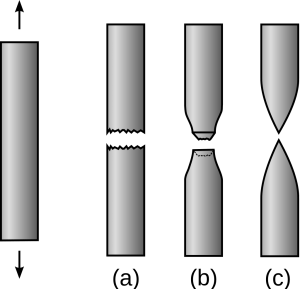
Computer Numerical Control (CNC) machines have revolutionized the manufacturing industry, providing automation and precision in a wide array of operations. These sophisticated machines require skilled personnel for their operation, maintenance, and programming, particularly CNC operators and CNC machinists. While these two roles might sound similar, they are distinct occupations with different responsibilities and levels of expertise.
A CNC operator essentially operates the machinery performing the required tasks on workpieces such as cutting, shaping or finishing them to exact specifications outlined by bosses or clients. Focusing mainly on ensuring the machine is set up correctly and runs smoothly, an operator’s typical duties include loading raw materials into the equipment, setting up the machine speeds and feeds, running the machine, observing it during production, carrying out routine checks and basic maintenance.
Unlike operators, CNC machinists, on the other hand, possess in-depth knowledge of operating as well as maintaining, programming, troubleshooting, and repairing CNC machines. They can understand blueprints and 3D computer designs to translate measurements to the machine and inspect finished pieces to ensure compliance with design documents. Essentially, while operators work on the front lines, making sure day-to-day machining gets done correctly, machinists are involved in more complex procedures and decision-making processes.
Another key difference lies within education and training requirements. Most CNC operators learn through on-the-job experience or vocational training, usually requiring only a high school degree. A solid understanding of math, computers, and mechanical skills is necessary, especially when interpreting blueprints or following instructions.
CNC machinists, however, typically must complete additional education and training. Associate’s degrees or certification programs in CNC machining are common prerequisites, offering courses like metallurgy, mathematics, blueprint reading, and computer-aided-design. An apprenticeship under an experienced machinist may also be part of the training process before being considered a fully qualified machinist.
The differences translate to their wages as well. Generally, CNC machinists earn more than operators due to the added responsibilities and technical skills required in their role. However, this might vary with experience, size of the firm, geographical location, among other factors.
Job growth prospects for both roles are strong, driven by an increase in demand for high precision machining in automotive, aerospace, medical device manufacturing, and other industries. As per the US Bureau of Labor Statistics, job opportunities for CNC operators and machinists are predicted to grow by 17% from 2020 to 2030, much higher than most occupations.
To summarize, while there may be overlapping duties between a CNC operator and a CNC machinist, they serve different roles within the realm of CNC machining that reflects their respective skill levels. Operators are primarily focused on running the machines efficiently, whereas machinists delve into deeper complexities like programming, troubleshooting, and decision-making processes associated with the operation of these machines. If you’re considering a career in CNC machining, understanding these distinctions can help guide your education and training choices, ultimately leading to a fulfilling career in this vital sector of modern manufacturing.



